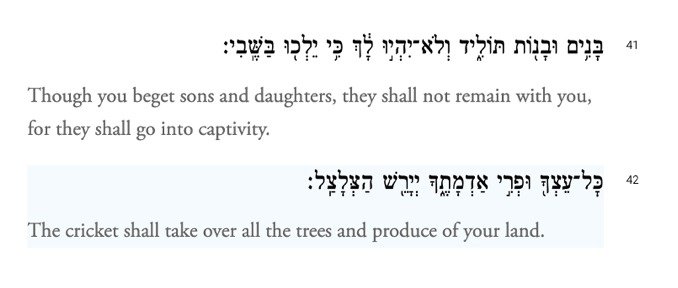For the source text click/tap here: Bava Metzia 2
To download, click/tap here: PDF
Steinsaltz "Tractate Bava Metzia ( “The Middle Gate”) is actually one section of an ancient Talmudic tractate – Masechet Nezikin – which deals with issues of civil law, and was eventually divided into three parts (bavot, or “gates”).
As is true of the other sections, Masechet Bava Metzia focuses on one main topic, which divides into a large number of different issues, as is common in Talmudic discussions. The main topic of this tractate involves business interactions between people that are informed by Torah laws that define and limit them. Thus, the discussion does not cover all areas of business and possessions, rather it is limited to those areas where the Torah adds unique commandments or prohibitions beyond the normal laws that apply to business interactions.
Because of this, we find the laws of Masechet Bava Metzia codified not only in Shulchan Aruch Choshen Mishpat (which deals with business relationships) but in Yoreh De’ah (whose focus is ritual law), as well. The topics covered include responsibilities towards lost and found objects, assisting in loading, and unloading animals, taking advantage of others in business, taking interest and usury, permitting a field worker to eat while working, the four types of shomrim (guards), the obligation to pay wages on time, among others.”





















